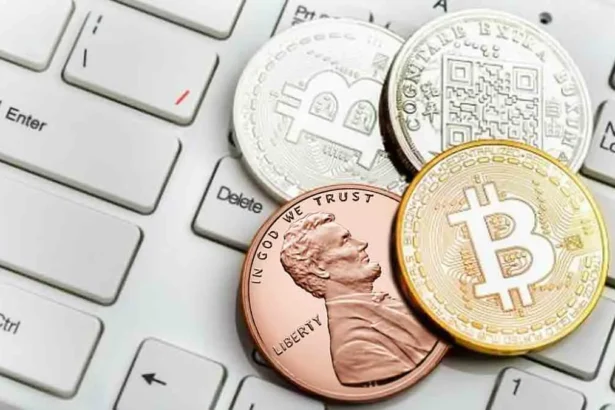What is a P2P Crypto: P2P (peer-to-peer) crypto exchanges are platforms where users can directly trade Bitcoin and other digital assets with each other. These exchanges function as marketplaces where buyers and sellers. Meet and post their offers Bitcoin crazy odds 85% possibility of $100K by New Year.
Unlike centralized exchanges, P2P platforms do not store users’ funds. Each participant is required to have their wallet, and transactions are conducted through it. Additionally, there is no traditional order book to manage trades.
Buyers And Sellers Negotiate
Instead, buyers and sellers negotiate directly with each other: for example, a buyer posts an offer specifying the amount of Bitcoin they wish to purchase. Then select a seller’s offer that meets their requirements.
A common concern is how transactions between parties who don’t know each other can be guaranteed to be completed on both sides. This is ensured by an escrow service. The seller deposits their Bitcoin into escrow, and it is only released to the buyer once payment is received. The platform guarantees that the digital assets are securely held in escrow.
The payment method is agreed upon in advance by both parties, which can include bank transfers, PayPal, or even other digital assets. Once the seller confirms receipt of payment, they notify the escrow service, which then releases the Bitcoin to the buyer.
Advantages of P2P Crypto Exchanges
The main advantage of P2P exchanges is that there are no intermediaries. Enhancing privacy and ensuring that users have full control over their funds. Often, there is no need for identity verification (KYC) or anti-money laundering procedures (AML). Which adds another layer of anonymity.
Disadvantages
However, there are some downsides to consider. Transactions on P2P platforms can be slower, fees may be higher, and the user base is often smaller, which can result in lower liquidity. Due to these factors, P2P exchanges may be less attractive to users seeking speed and efficiency.
Occasionally, a seller may fail to release the escrowed cryptocurrency even after receiving payment. In such cases, the platform should be contacted, and evidence submitted.
P2P exchanges offer a great opportunity for decentralized and private cryptocurrency trading. But it’s important to weigh the pros and cons before using them. If you want to explore a P2P crypto exchange, you can browse available options by clicking here.
[sp_easyaccordion id=”3158″]






